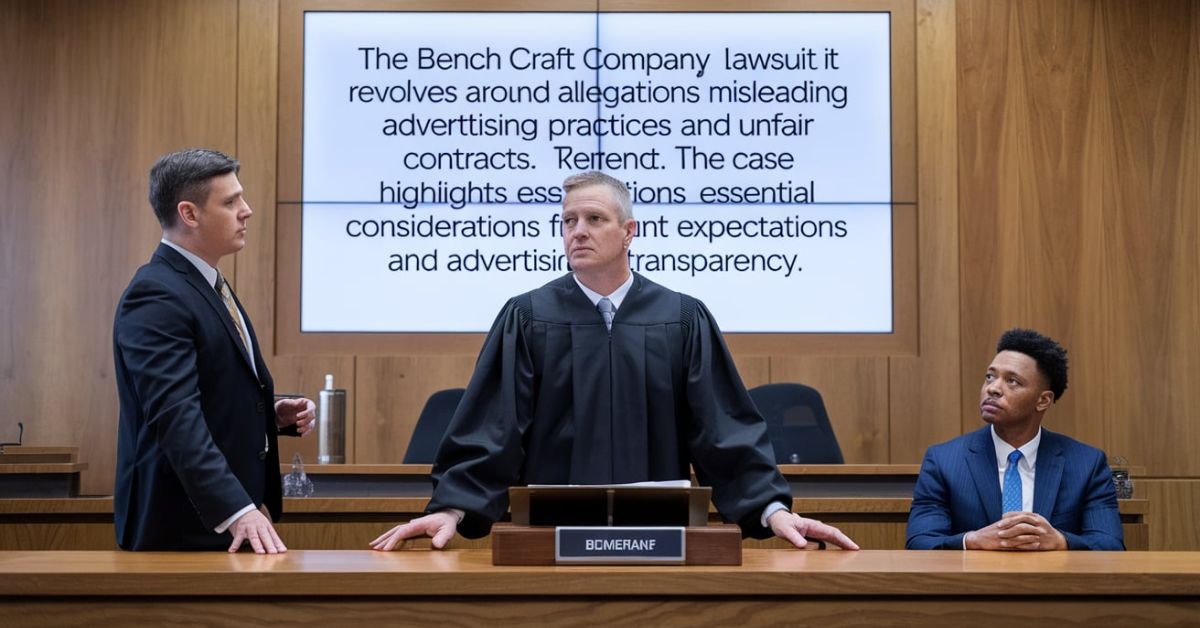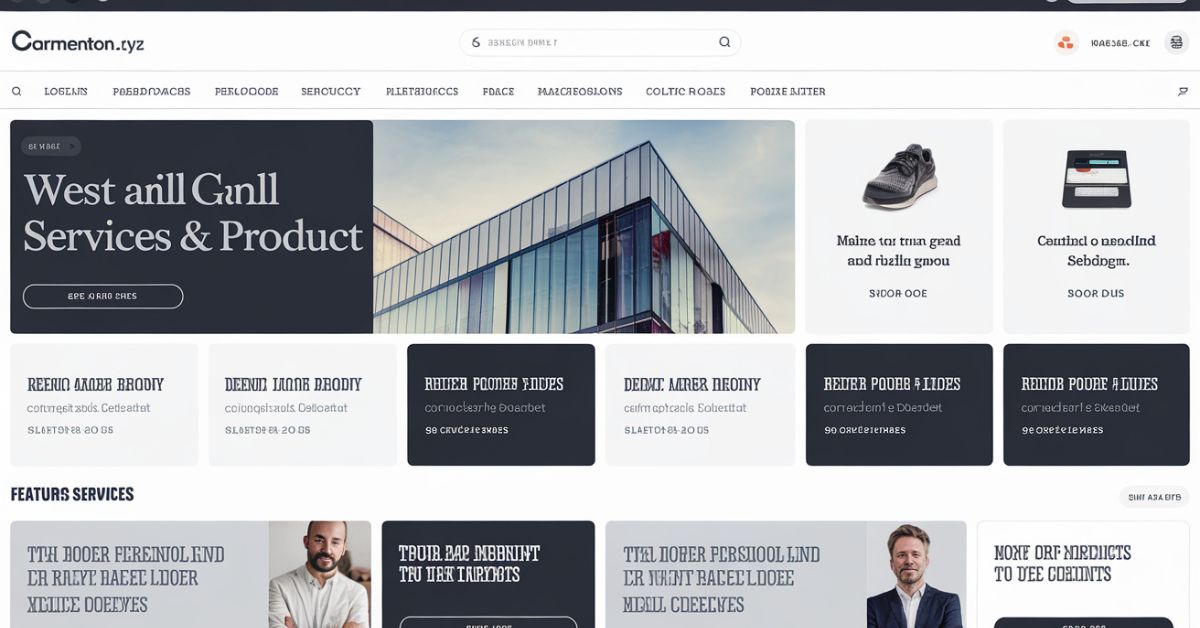The Bench Craft Company lawsuit revolves around allegations of misleading advertising practices and unfair contracts. The case highlights essential considerations for client expectations and advertising transparency.
This comprehensive article will analyse the nature of these lawsuits, the company’s response, and the broader implications for advertisers and clients.
Background of the Bench Craft Company – Dive Back!
Founded in the 1980s, Bench Craft Company specialises in creating advertising opportunities on golf course assets, including scorecards, tee signs, and benches. Their model allows businesses to reach a highly targeted audience in a unique environment. Over decades, Bench Craft has built a solid client base and an extensive advertising network across the United States.
Despite this solid reputation, the recent lawsuits challenge Bench Craft’s practices, raising questions about transparency and ethical standards in the advertising industry.
Overview of the Allegations – Have A Look!
The lawsuits against Bench Craft Company primarily accuse the organisation of engaging in misleading marketing tactics and enforcing contracts that unfairly favour the company. Here’s a closer look at the core allegations:
Misrepresentation of Services:
Several plaintiffs allege that Bench Craft promised specific outcomes that were not delivered. These claims suggest that the company assured clients of increased visibility and customer engagement but failed to meet these expectations.
Unclear Advertising Scope:
Customers have also reported dissatisfaction with how advertising was handled, stating that they were led to believe they’d be featured more prominently than they ultimately were. This perceived discrepancy between promised and actual service has led to client frustration.
Unfair Contract Terms:
Some lawsuits argue that Bench Craft Company’s contracts are weighted in favour of the company. Complaints have emerged that these contracts lock clients into agreements that offer little recourse if the promised advertising outcomes still need to be achieved.
Bench Craft Company’s Defense – Their Offerings!
In response to the allegations, Bench Craft has publicly affirmed that its business practices meet industry standards. The company’s legal team has presented a defence strategy emphasising transparency, client communication, and adherence to contractual terms.
Demonstrating Service Delivery:
Bench Craft has provided documentation, including contracts, client testimonials, and completed service records. The company aims to prove that it delivered on its agreements and met the standards promised to clients.
Establishing Legal Precedents:
By referencing past cases where similar business practices were upheld, Bench Craft’s legal team has sought to frame the lawsuit as a difference in expectations rather than a case of misconduct.
Client Communication and Dispute Resolution:
Bench Craft has highlighted its efforts to address client concerns through open communication and dispute resolution mechanisms. The company asserts that it has handled complaints responsibly and resolved issues.
The Legal Proceedings – An Ongoing Journey!
The Bench Craft lawsuit is still evolving, with numerous court filings and ongoing hearings. The proceedings have undergone several phases, including the initial filing, discovery phase, and court appearances. Though specific outcomes remain uncertain, this case underscores essential themes in advertising ethics and legal obligations within the industry.
Discovery Phase:
During the discovery phase, each party presented evidence supporting their claims or defences. This phase illuminated the various contracts, client testimonials, and communication records related to the allegations.
Bench Craft’s Stance on Contractual Obligations:
The company maintains that its contracts are legally binding and precise in scope, terms, and expectations. Bench Craft argues that clients knew the terms and conditions before signing agreements and that any perceived issues stem from misunderstandings.
Broader Implications for the Advertising Industry – Have A Detailed Look!
The Bench Craft Company lawsuit highlights the importance of clear communication, transparency, and ethical practices in advertising. It also serves as a cautionary tale for businesses and clients about the need to understand contract terms thoroughly and to hold realistic expectations.
Critical Takeaways for Advertisers:
This case illustrates the importance of setting clear client expectations and documenting service delivery for advertising companies. Additionally, companies are encouraged to maintain fair contract terms and establish straightforward communication channels for resolving client concerns.
Lessons for Clients and Small Businesses:
The Bench Craft lawsuit emphasizes the need for clients to review advertising contracts carefully and seek clarity about the expected outcomes. This case also highlights the potential for legal recourse if clients believe they were misled or their expectations were not met.
FAQs:
What is the main issue in the Bench Craft Company lawsuit?
The lawsuit centres on allegations of misleading advertising practices, misrepresentation of services, and unfair contract terms that favour Bench Craft over its clients.
Has Bench Craft Company responded to the allegations?
Yes, Bench Craft has maintained that its business practices adhere to industry standards and has provided documentation, including client testimonials and service records, to support this stance.
What are the potential outcomes of this lawsuit?
While the case is still in progress, potential outcomes could include settlement agreements, contract revisions, or rulings that set industry precedents on advertising ethics and contract terms.
How can clients protect themselves in advertising contracts?
Clients should carefully review contract terms, ask for clear explanations of promised outcomes, and ensure they understand the scope and limitations of services offered.
Conclusion:
The Bench Craft Company lawsuit highlights critical issues in the advertising sector, such as transparency, contract fairness, and client communication. As the case unfolds, it could influence future standards in advertising practices and client relationships, shaping how companies and clients interact within the industry.






